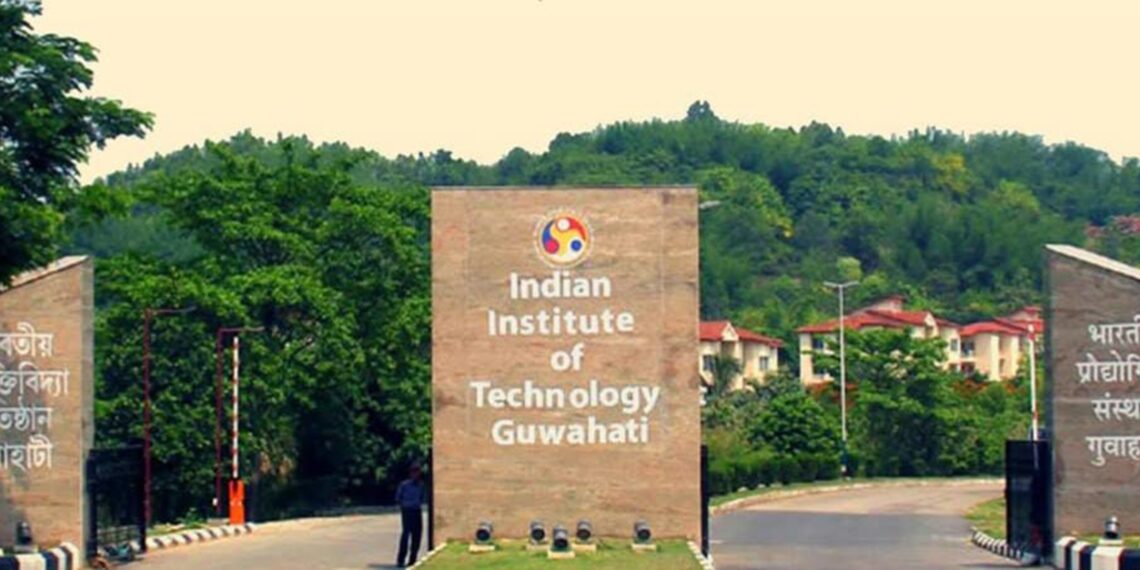New Delhi: Researchers at the Indian Institute of Technology (IIT), Guwahati, have unveiled an innovative injectable hydrogel aimed at providing precise cancer treatment with significantly fewer side effects.
This new technology offers a more targeted and less invasive alternative to traditional therapies, including chemotherapy and surgery, which often come with severe side effects.
The research, a collaborative effort with the Bose Institute, Kolkata, was published in Materials Horizons, a prestigious journal of the Royal Society of Chemistry.
Professor Debapratim Das, from IIT-Guwahati’s Department of Chemistry, emphasized the challenges posed by current cancer treatments.
“While chemotherapy and surgery have been the mainstays of cancer care, they come with significant drawbacks. Surgery can be difficult, especially for tumours in sensitive internal organs, and chemotherapy’s widespread effects often harm healthy cells alongside cancerous ones. Our hydrogel targets tumour sites with precision, delivering drugs exactly where they’re needed,” Das explained.
Hydrogels, known for their water-based, three-dimensional polymer structure, are capable of absorbing and retaining large amounts of fluid.
Their ability to mimic biological tissues makes them ideal for medical applications.
The newly developed hydrogel functions as a reservoir for anti-cancer drugs, gradually releasing them in response to specific conditions in the tumour’s micro-environment.
Constructed from ultra-short peptides—biocompatible and biodegradable protein fragments—the hydrogel is designed to remain insoluble in biological fluids, ensuring it stays localised at the injection site.
The hydrogel is engineered to respond to high levels of glutathione (GSH), a molecule that is abundant in cancer cells.
When the hydrogel encounters elevated GSH levels, it triggers a controlled release of the drug directly into the tumour, minimising impact on healthy tissues and reducing systemic side effects.
“This work demonstrates how scientific innovation can address critical challenges in cancer treatment,” said Professor Das.
“The hydrogel’s unique properties enable it to integrate seamlessly with the biological environment, providing a highly targeted and effective therapy with fewer side effects.”
In preclinical trials involving a mouse model of breast cancer, the hydrogel showed remarkable results.
A single injection of the hydrogel, which contained the chemotherapy drug Doxorubicin, resulted in a 75% reduction in tumour size over just 18 days.
The hydrogel remained localised at the tumour site, releasing the drug gradually without causing noticeable side effects in other organs.
Das further explained that the hydrogel’s advanced delivery system enhances the drug’s effectiveness while reducing the required dosage, ultimately lowering toxicity.
“Further lab tests revealed that the hydrogel boosts drug uptake by cancer cells, induces cell cycle arrest, and promotes programmed cell death, attacking the tumour from multiple fronts,” he said.
Looking ahead, the team is investigating the maximum tumour reduction achievable with a single dose, as well as expanding research to explore its effectiveness for other types of cancer.
“Once all the studies are completed, we plan to apply for clinical trials and are actively seeking a suitable partner to help move this promising therapy forward,” Das concluded.
This breakthrough offers new hope in the fight against cancer, potentially revolutionising treatment by focusing on precision, reducing side effects, and improving patient outcomes.















